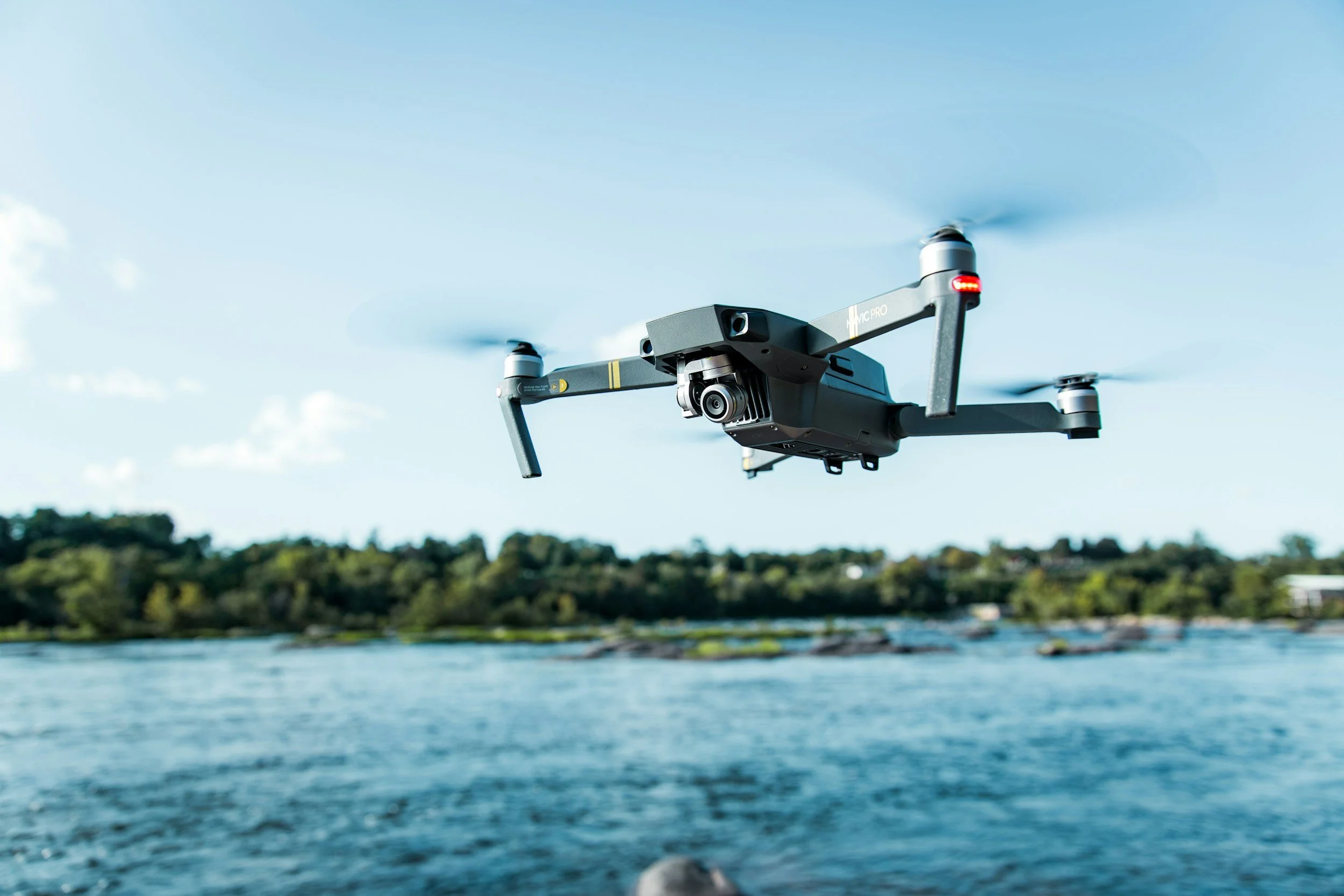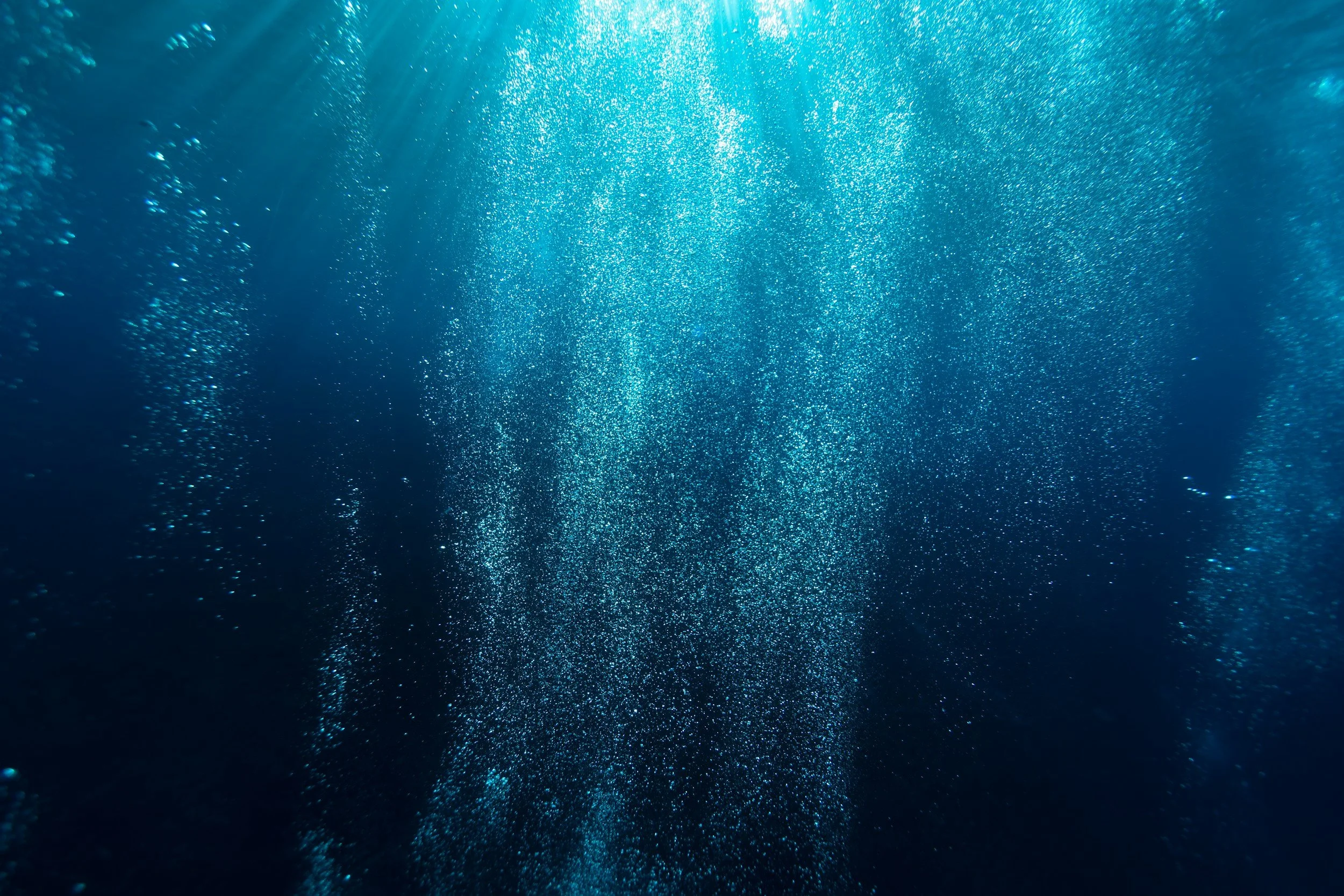
oceans aware: inform, inspire, involve
the more you know about the ocean the more you can do to protect and restore it
ocean news - what’s the latest?
Andrzej Kryszpiniuk/Unsplash
Race to patent plankton genes raises concerns over control of ocean’s riches
Radio France Internationale, 24.01.26
Sarah Lee/Unsplash
Scientists detail deep sea expedition to understand ‘dark oxygen’
Oceanographic, 21.01.26
Karl Greif/Unsplash
ocean meetings - ongoing and upcoming
7 February 2026: UNEP Intergovernmental Negotiating Committee to develop an international legally binding instrument on plastic pollution, including in the marine environment (INC5.3), Geneva, Switzerland
22 - 27 February 2026: Ocean Sciences Meeting (OSM) 2026, Glasgow, Scotland
23 February - 6 March 2026: International Seabed Authority Legal and Technical Commission, Kingston, Jamaica
2-6 March: European Ocean Days, Brussels, Belgium
9 - 20 March 2026: ISA Assembly and Council Meeting, Kingston, Jamaica
23 - 29 March 2026: 15th Conference of the Parties to the Convention on Migratory Species, Campo Grande, Brazil
23 March - 2 April 2026: BBNJ PrepCom3, New York, USA
7 April - 1 May 2026: TBTI World Congress, Hua Hin, Thailand
11 - 21 May 2026: Antarctic Treaty Consultative Meeting (ATCM 48 - CEP 28), Hiroshima, Japan
27 April - 1 May 2026: Marine Environment Protection Committee (MEPC), London, UK
28- 29 April 2026: Phase Out Fossil Fuels meeting, Santa Marta, Colombia
3-4 June 2026: Island States Ocean Summit, Tokyo, Japan
16-18 June 2026: Our Ocean Conference, Mombasa, Kenya
June 2026: Meeting of States Parties to UNCLOS, New York, USA
June 2026: Ocean Impact Summit, Indonesia (date to be confirmed)
29 June - 10 July 2026: International Seabed Authority Legal and Technical Commission, Kingston, Jamaica
13 - 31 July 2026: ISA Assembly and Council Meeting, Kingston, Jamaica.
4 - 11 September 2026: SSF Summit and COFI, Rome, Italy
27 September-2 October 2026: IWC70 Whaling Commission Meeting, Hobart, Australia
October 2026: Commission for the Conservation of Antarctic Marine Living Resources (CCAMLR 45), Hobart, Australia
5-7 October 2026: ICOE-OEE 2026 Ocean Energy Conference, The Hague, The Netherlands
19 - 30 October 2026: 17th meeting on the Convention on Biological Diversity (CBD) COP 17, Yerevan, Armenia
9-20 November 2026: COP31 Climate Conference, Antalya, Türkiye
13-18 November 2026: 8th International Marine Conservation Congress, Edinburgh, Scotland
17-20 November 2026: World Conference on Marine Biodiversity, Bruges, Belgium
First BBNJ Conference of the Parties (late 2026, location to be confirmed)
6-10 December 2027: UN Environment Programme Assembly (UNEA8), Nairobi, Kenya
ocean reports & latest publications
PEW: Breaking the Plastic Wave 2025 - December 2025
GOOS: Global Ocean Observing System Status Report 2025 - November 2025
ROCA: 2024-2025 Roadmap to Oceans and Climate Action (ROCA) Report - November 2025
UN DESA: Ocean Action Newsletter - November 2025
EU Copernicus: The 9th edition of the EU Copernicus Ocean State Report (OSR) - October 2025
UNCTAD: Maritime Transport Review 2025 - September 2025
CORAL: Strategic Plan 2025-2030 - June 2025
Antarctic Avengers: All Eyes on Antarctica - June 2025
State of the World’s Sea Turtles (SWOT) Report - June 2025
UNIDiR: Achieving Depth: Subsea Telecommunications Cables as Critical Infrastructure - April 2025
OECD: The Ocean Economy to 2050 - March 2025
WMO: The State of the Global Climate 2024 - March 2025
United Nations Secretary-General Report on Oceans and the Law of the Sea 2025 - March 2025
UNCTAD: The ocean economy is booming. But for how long? - February 2025
WRI: How Marine Carbon Removal Is Governed in the High Seas - February 2025
ISA: Status of Exploration Activities in the Area - December 2024
Planet Tracker: Race to the bottom - November 2024
UNIDIR: Securing the Seas: A Comprehensive Assessment of Global Maritime Security - November 2024
Protected Planet Report 2024 - October 2024
ICRI Forum: Key asks for coral reefs - October 2024
Let’s Be Nice to the Ocean: Advancing the Protection Principle - October 2024
WWF: 2024 Living Planet Report: A System in Peril - October 2024
ASOC: Protecting a Changing Southern Ocean - October 2024
2024 Ocean Decade Conference - The Barcelona Statement - October 2024
Oceano Azul / Europe Jaques Delors: Manifesto for a European Ocean Pact - September 2024
Global Mangrove Alliance: State of the World’s Mangroves 2024 - July 2024
Peace for the Ocean Declaration - June 2024
IOC State of the Ocean Report 2024 - June 2024
Global Ghost Gear Initiative 2023 - June 2024
Statista/German Ocean Foundation State of the oceans 2024 - June 2024
State of World Fisheries and Aquaculture 2024
The human right to a clean, healthy and sustainable ocean, Nathan J. Bennett / Elisa Morgera / David Boyd - April 2024
The Illegal, Unreported and Unregulated Fishing Index Report - December 2023















